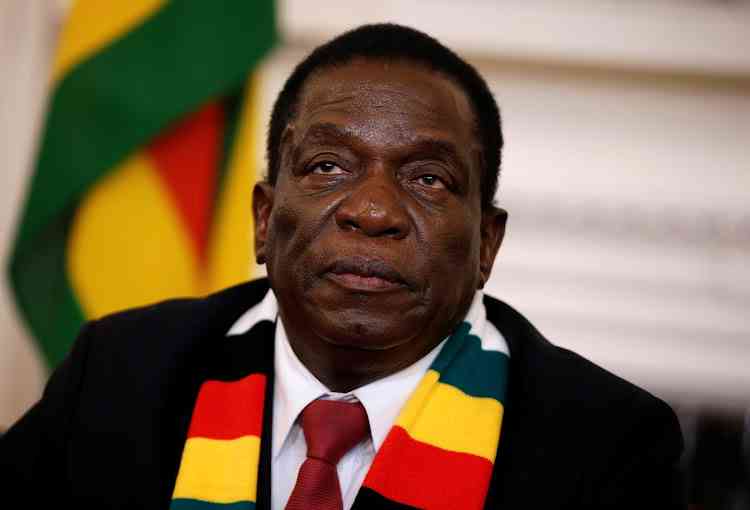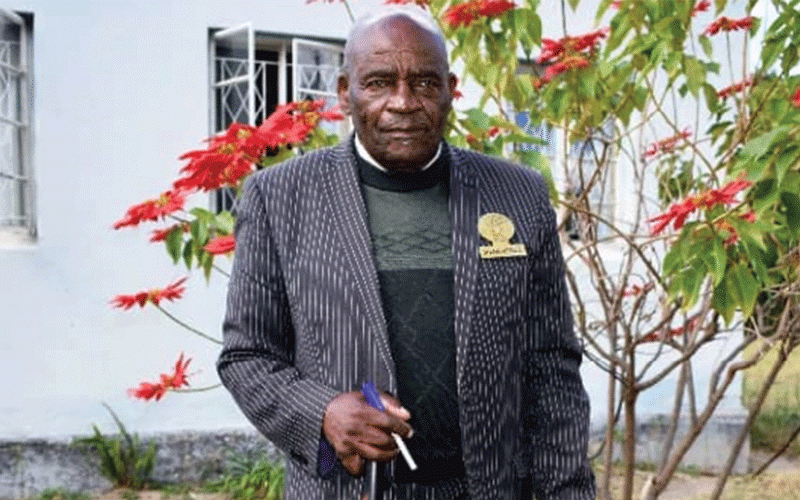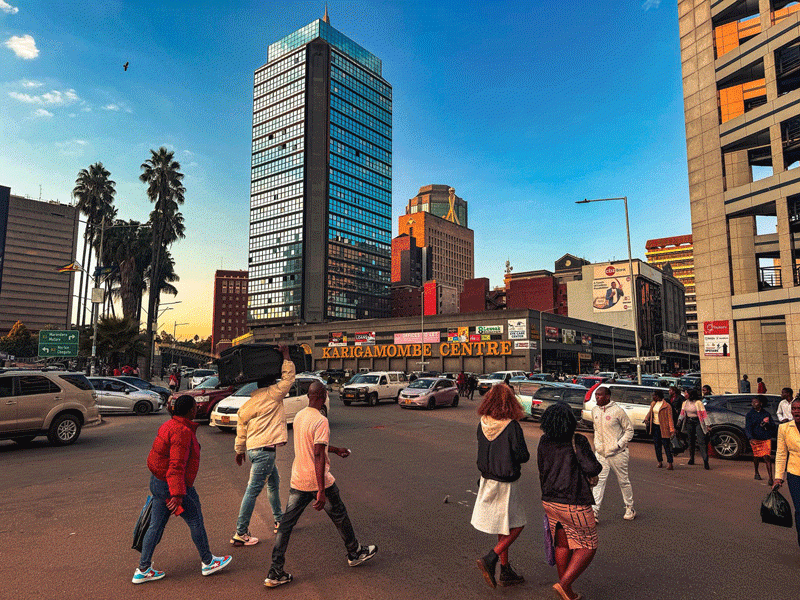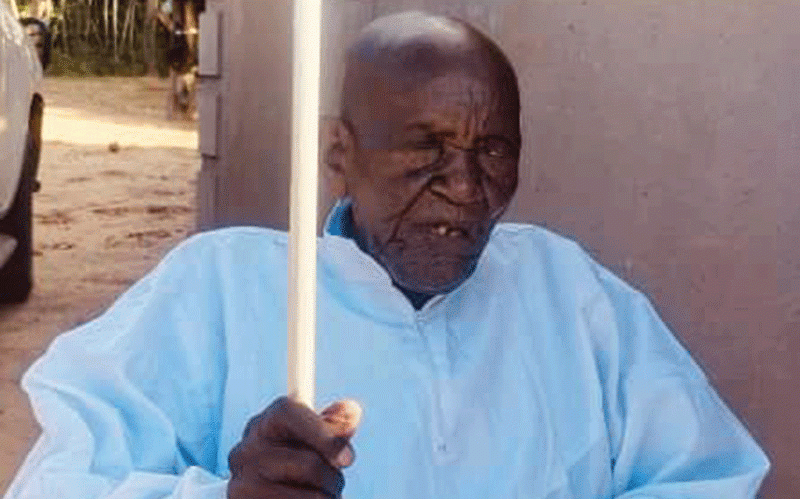
CLIMATE change is costing African economies between three and five percent of their GDPs despite being among the least responsible for emissions causing the climatic disturbances, President Emmerson Mnangagwa has said.
Addressing the International Climate and Health Africa Conference yesterday, Mnangagwa said the harsh realities were distinctive, including failed crops, floods, cyclones and widespread water shortages.
He said climate change had also caused disruptions of African cultures, identity, lives and livelihoods while putting millions of people at risk.
Mnangagwa said Africa was enduring the worst effects of global warming.
“Our beloved continent, Africa, is enduring the worst effects of global warming. The land that nourished us for a millennium is now being ravaged by increasingly severe heat, droughts, floods and cyclones,” he said.
Mnangagwa also said climate change had now become a public health concern as temperatures rise coupled with heat waves, leading to disease resurgence.
“Climate change is not merely an environmental disaster; but a profound public health emergency. As temperatures rise and heatwaves stretch longer, we are witnessing the proliferation of heat-related illnesses and deaths. Diseases we thought were under control, which include malaria, cholera and diarrhoeal infections, are now resurging,” he said.
“We, unfortunately, carry the largest burden of climate change, an occurrence Africa did not cause. Our economies are among the most vulnerable and this exacerbates the impacts of climate change on our people.”
- COP26 a washout? Don’t lose hope – here’s why
- Out & about: Bright sheds light on Vic Falls Carnival
- COP26 a washout? Don’t lose hope – here’s why
- Out & about: Bright sheds light on Vic Falls Carnival
Keep Reading
He called on stakeholders in the climate and health space to collaborate and share the outcomes of the Climate and Health Africa Declaration to mitigate climate challenges.
“We must scale up research and surveillance to understand how climate change is impacting health, especially the spread of diseases and heat stress.
“Our research should continue to focus on the vulnerable populations, including women, children and those living with disabilities, who are most affected by climate change,” Mnangagwa said.
“The identification of critical climate-health indicators and enhancing surveillance to monitor the health system’s capacities to cope with disease outbreaks must be given due priority.
“Creating this knowledge is essential for building climate-resilient health systems that leave no one and no place behind. We must build climate-resilient health systems that can adapt to and shield our people, health workforce and systems from hazards.”










